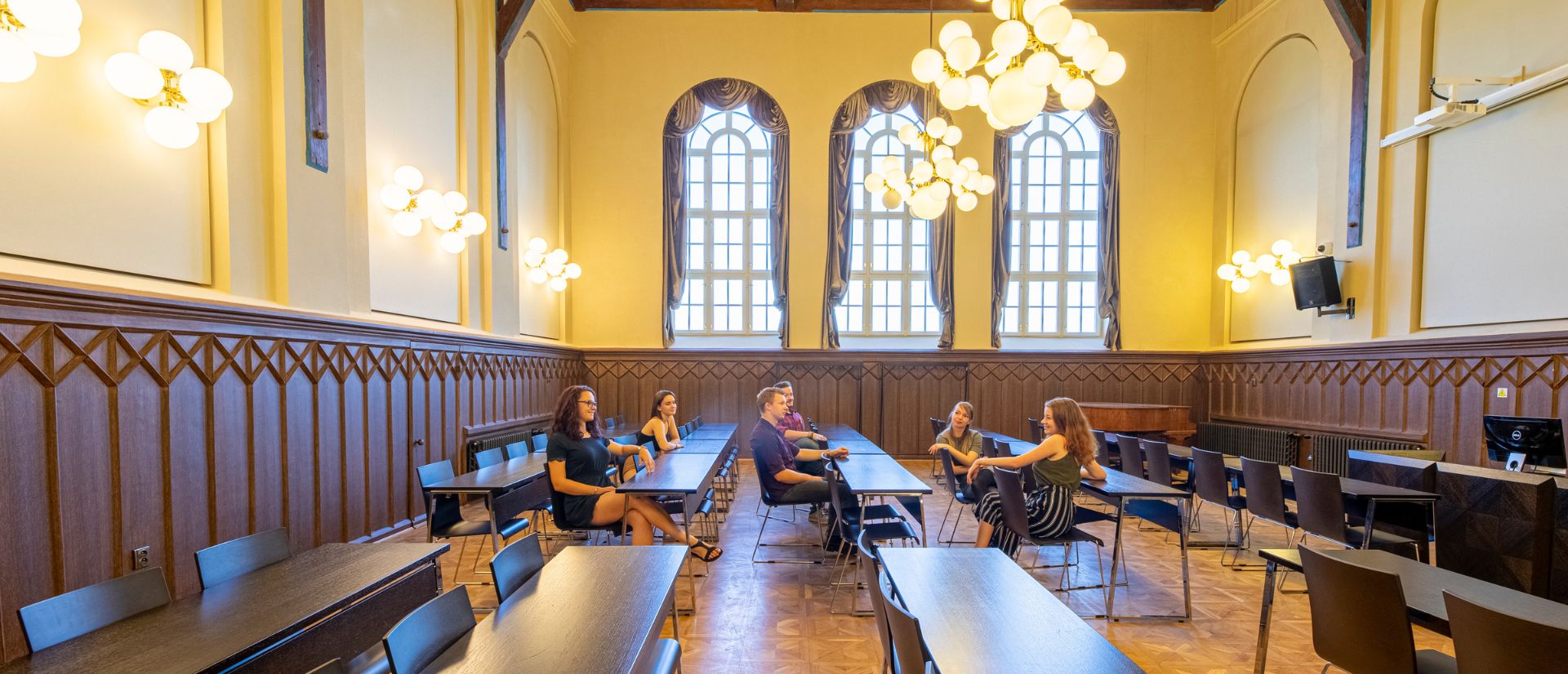
Conference LPPL 2025 — Liberec (November 13–14)
Call for Papers
LPPL 2025 — Pragmatics and Teaching Methodology
Dear Colleagues,
we would like to invite to our conference all those engaged in research on school or academic teaching as a form of communicative social action. We welcome interdisciplinary contributions from a wide range of academic disciplines.
As early as the 1970s, the fields of linguistics and communication studies underwent a transformation known as the "pragmatic turn," which manifested itself, for example, in the communicative approach to (foreign) language teaching (cf. Piepho 1974). This shift was strongly influenced by theoretical concepts that are now considered classical in the field of pragmatics, including Grice’s (1989) theory of implicature, speech act theory (Austin 1962; Searle 1969), various strands of conversation analysis (e.g., Sacks et al. 1974), and, more recently, usage-based approaches to linguistics. The focus on linguistic communication as social interaction was by no means confined to academia; rather, a pragmatic, competence-oriented perspective has now been incorporated into school curricula in many European countries (cf. for Germany, KMK 2022; for the Czech Republic, the current version of RVP – see https://prohlednout.rvp.cz/).
This state of affairs in teaching methodology forms the backdrop for the next conference in our LPPL pragmatics series, to which we cordially invite you. Following the first conference (LPPL 2024; https://www.lppl.zcu.cz/), which aimed to provide a broad overview of current perspectives in pragmatic research, we now look forward to contributions from research projects and practical applications that investigate how pragmatic concepts, methods, and perspectives manifest concretely in school and academic teaching and what potential they hold for the further development of teaching concepts (cf. Börjesson/Kristenson 2025; Frydrychová 2024).
Guiding questions that will structure our discussion and may serve as orientation points for conference contributions include the following:
- What consequences arise from viewing foreign language learning as the acquisition of intercultural communicative competence?
- Can pragmatic categories such as speech act type, indirectness, conversation structure, etc., be utilized more effectively to analyze classroom communication across various subjects (from mathematics to foreign languages) and to develop approaches for its optimization?
- Can pragmatic concepts contribute to the development and promotion of specific linguistic-communicative competencies?
- Can different instructional mediation strategies employed in the classroom be evaluated from a pragmatics perspective in terms of their efficiency? Which strategies have proven particularly effective in which teaching situations?
- What approaches does pragmatics offer for analyzing and further developing digital teaching and learning communication forms?
About the Conference
Since we remain convinced that multilingualism also broadens perspectives and fosters mutual inspiration in academic discourse — and following our experiences at the LPPL 2024 conference — we aim to provide a linguistically diverse space at our conference. Therefore, we have designated German, English, Czech, and Slovak as the conference languages. However, to ensure that this multilingualism does not hinder discussions, we kindly request that presentations include slides or handouts in a language other than the spoken presentation (e.g., a presentation in Czech with slides in English) or that they incorporate multilingual elements.
We look forward to receiving your submissions via Google Forms, including your presentation proposals along with a detailed abstract of approximately 1,000 to 1,500 characters, accompanied by a few relevant references.
If you have any questions, please contact us via email: lppl@knj.zcu.cz